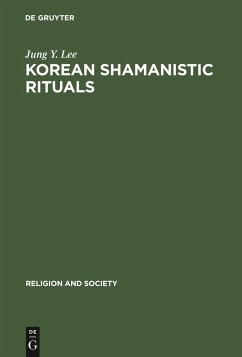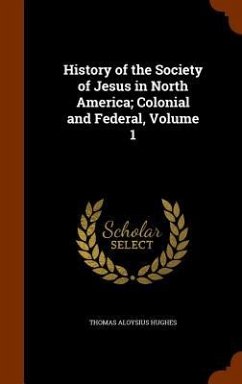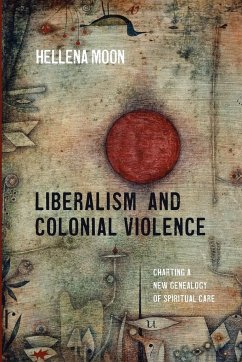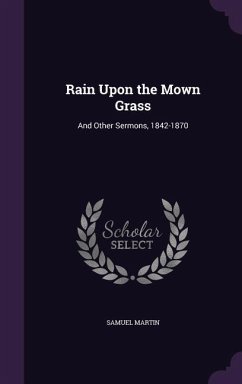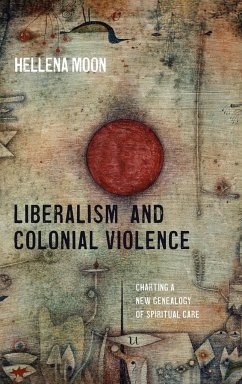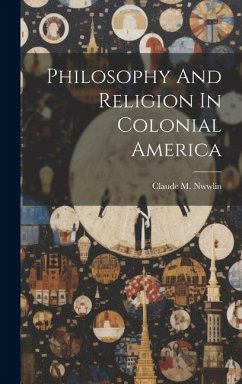
Colonial Aspects of Finnish-Namibian Relations, 1870-1990
Cultural Change, Endurance and Resistance
Versandkostenfrei!
Versandfertig in 1-2 Wochen
29,99 €
inkl. MwSt.

PAYBACK Punkte
15 °P sammeln!
This edited collection re-examines the long history of Finnish-Namibian relations through the lens of colonialism without colonies as well as anti-colonialism. The book argues that although Finland never acquired colonies, Namibia was once treated in the areas of culture and knowledge formation in a manner now recognised as colonial. Namibian people's way of being in the world was transformed when the Finnish Missionary Society started its work in Owambo in 1870 and introduced Christianity and European modes of education, medicine, material culture and social practices. In time, cultural colon...
This edited collection re-examines the long history of Finnish-Namibian relations through the lens of colonialism without colonies as well as anti-colonialism. The book argues that although Finland never acquired colonies, Namibia was once treated in the areas of culture and knowledge formation in a manner now recognised as colonial. Namibian people's way of being in the world was transformed when the Finnish Missionary Society started its work in Owambo in 1870 and introduced Christianity and European modes of education, medicine, material culture and social practices. In time, cultural colonialism faded and during the Namibian struggle for independence from South African rule in 1966-1990 Finns took an actively anti-colonial approach. Written as a collaborative effort of Namibian, Finnish and South African scholars, this book will interest historians and students of cultural and colonial history and colonialism without colonies, as well as general readers interested in Finnish-Namibian relations.





